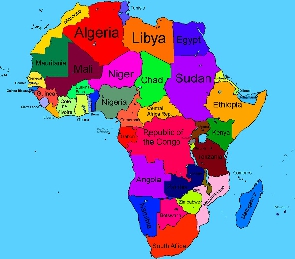Two leaders in Africa's climate change adaptation industry have called for more government and private sector partnerships in order to build self-funding business models of enabling the continent to reduce the effects of climate change.
Speaking on a webinar from Nairobi, Edward Mungai, chief executive officer of the Kenya Climate Innovation Center, said unlike governments, private sector will be able to build businesses that generate revenue from activities that reduce the effects of climate change.
"We need to disseminate more information to people across the continent so that they can understand what is climate change and the arising business opportunities they can take advantage of," Mungai said.
Dan Asare-Kyei, chief executive officer of Esoko in Ghana, who provides digital information and financial access services to farmers, said businesses arising from climate adaptation include providing improved seeds to farmers, providing mini-drip irrigation systems and cottage food processing.
Other opportunities include agriculture micro-insurance, solar mini-grids, and weather forecast information.
Asare-Kyei said what is need is governments in Africa to develop public-private-partnerships so that the projects implemented to caution people from the effects of climate change can then be developed to long lasting business models.
They said organizations that are helping micro and small businesses develop their climate resilience and adaptation ideas require funding to prepare these businesses to move to a stage where they can get semi-commercial loans and then full commercial loans.
"Through the public-private-partnerships, money coming through the government for climate change would be used to develop a self-sustaining project," Asare-Kyei said.
Click to view details



Africa News of Thursday, 28 May 2020
Source: GNA
Africa calls for enhanced public-private cooperation on climate change
Opinions
















